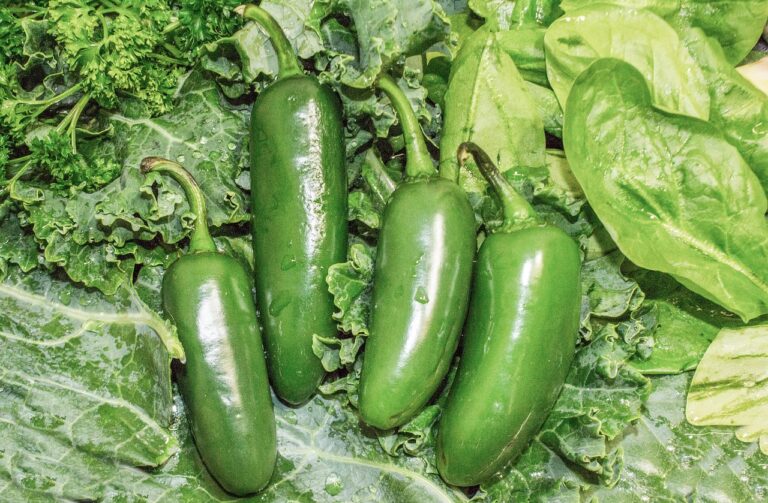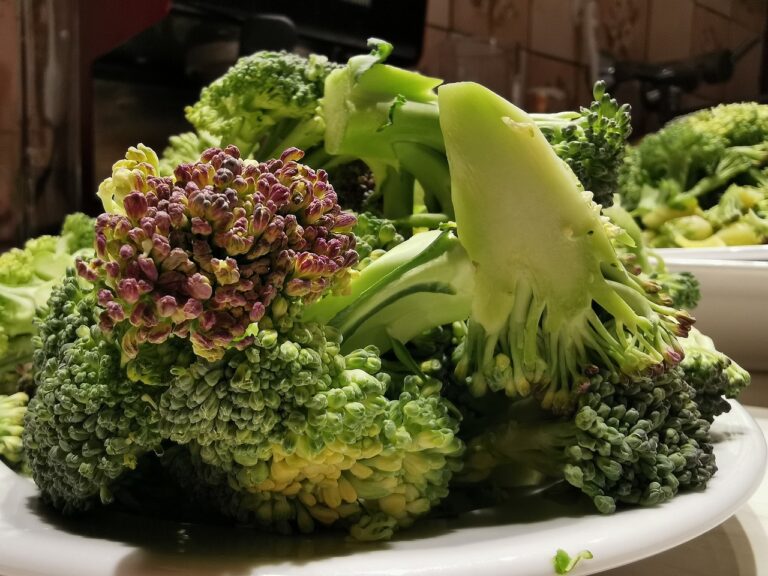Organic Food and Its Role in Reducing Stress: Betbook250 login, Reddybook id, Playlotus365
betbook250 login, reddybook id, playlotus365: In today’s fast-paced world, stress has become an inevitable part of our daily lives. From work pressures to personal responsibilities, we are constantly bombarded with stressors that can take a toll on our mental and physical well-being. While there are various ways to manage stress, one often overlooked solution is incorporating organic food into our diets.
Organic food refers to produce that is grown without the use of synthetic pesticides, herbicides, or genetically modified organisms (GMOs). By choosing organic options, you are not only reducing your exposure to harmful chemicals but also supporting sustainable farming practices that prioritize the health of the soil, water, and wildlife.
But how exactly does organic food play a role in reducing stress? Let’s delve deeper into the connection between what we eat and how we feel.
Improves Nutrient Intake
One of the key benefits of consuming organic food is that it tends to be higher in essential nutrients compared to conventional produce. Studies have shown that organic fruits and vegetables contain higher levels of vitamins, minerals, and antioxidants, which play a crucial role in maintaining our overall health.
When our bodies are well-nourished, we are better equipped to cope with stress and its negative effects. Nutrient-rich foods help boost our immune system, regulate our mood, and provide a steady source of energy throughout the day. By prioritizing organic options, you are not only feeding your body with the building blocks it needs to function optimally but also reducing the risk of nutrient deficiencies that can contribute to stress and anxiety.
Reduces Exposure to Toxins
Conventionally grown produce is often treated with synthetic pesticides and herbicides to ward off pests and weeds. These chemicals can leave residue on the surface of fruits and vegetables, which can be absorbed into our bodies upon consumption. Over time, repeated exposure to these toxins can have harmful effects on our health, including disrupting our hormonal balance and increasing our risk of developing chronic diseases.
Organic food, on the other hand, is grown without the use of synthetic pesticides, reducing our exposure to these harmful substances. By choosing organic options, you are not only protecting your own health but also supporting environmentally friendly farming practices that prioritize the well-being of both consumers and the ecosystem.
Supports Gut Health
Our gut is often referred to as our “second brain” due to its role in regulating our mood, immune system, and overall well-being. Research has shown that the health of our gut microbiome is closely linked to our mental health, with imbalances in gut bacteria being associated with conditions such as anxiety and depression.
Organic food can play a key role in supporting gut health by providing a diverse array of nutrients and beneficial bacteria that help maintain a healthy microbiome. In contrast, conventionally grown produce may contain residues of glyphosate, a common herbicide that has been linked to disruptions in gut bacteria. By choosing organic options, you are nourishing your gut with the nutrients it needs to thrive, ultimately supporting your mental health and reducing stress levels.
Promotes Mindful Eating
In today’s fast-paced world, eating has become a rushed and often mindless activity. We may find ourselves eating on the go, in front of screens, or while multitasking, which can disrupt our body’s natural digestive processes and lead to overeating. Mindful eating, on the other hand, involves paying attention to the food we eat, savoring each bite, and tuning into our body’s hunger and fullness cues.
Organic food can promote mindful eating by encouraging us to slow down and appreciate the quality and flavor of our food. By choosing organic options, you are more likely to savor the taste and texture of your meals, leading to a more enjoyable and satisfying eating experience. This mindful approach to eating can help reduce stress by allowing us to fully engage with our food and tune into our body’s signals, rather than mindlessly consuming calories.
Incorporating Organic Food into Your Diet
Now that we’ve explored the role of organic food in reducing stress, you may be wondering how to incorporate more organic options into your diet. Here are some tips to help you make the switch to organic eating:
– Start by choosing organic fruits and vegetables that are easy to find and afford, such as apples, spinach, and carrots. Look for the USDA Organic seal on packaging to ensure that the product meets organic standards.
– Consider shopping at local farmers’ markets or joining a community-supported agriculture (CSA) program to access fresh, locally grown organic produce.
– Opt for organic dairy products, meat, and poultry whenever possible to minimize your exposure to antibiotics and hormones commonly used in conventional farming.
– Experiment with organic grains, legumes, and pantry staples to add variety and nutrient density to your meals. Look for organic options in the bulk section of your grocery store or online.
By making small changes to your shopping and eating habits, you can gradually transition to a diet that prioritizes organic options and supports your overall health and well-being. Remember, every food choice you make is an opportunity to nourish your body and reduce stress in the process.
FAQs
Q: Is organic food more expensive than conventional food?
A: While organic food may be slightly more expensive than conventional options, the long-term health benefits outweigh the additional cost. Look for sales, coupons, and discounts to make organic eating more affordable.
Q: Can I still eat organic food if I have dietary restrictions or food allergies?
A: Yes, there are plenty of organic options available for individuals with dietary restrictions or food allergies. Look for certified organic products that align with your specific dietary needs.
Q: Are organic foods always healthier than conventional foods?
A: While organic foods tend to be higher in nutrients and lower in toxins compared to conventional options, it’s important to focus on overall dietary patterns rather than individual food choices. A balanced diet that includes a variety of nutrient-dense foods is key to maintaining optimal health.
Q: How can I tell if a product is truly organic?
A: Look for the USDA Organic seal on packaging, which indicates that the product meets organic standards set by the United States Department of Agriculture. You can also research brands and companies to ensure their commitment to organic farming practices.
In conclusion, incorporating organic food into your diet can be a powerful tool in reducing stress and supporting your overall health. By choosing organic options, you are not only nourishing your body with essential nutrients but also supporting sustainable farming practices that benefit both you and the environment. So start making conscious food choices today and experience the stress-reducing benefits of organic eating firsthand.







